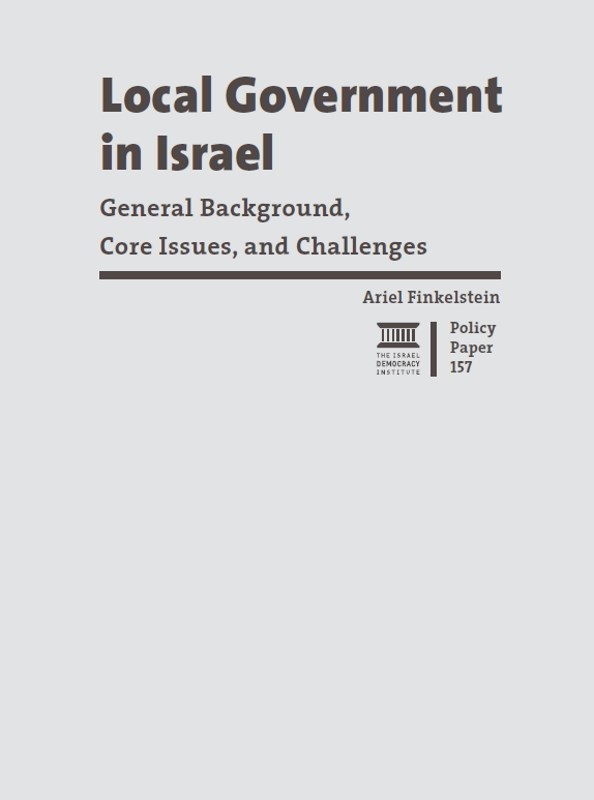

Publications Regarding Local Government
Articles

Special Review of Public Opinion Ahead of 2026 Elections (IDI's Israeli Democracy Index)
Following the release of the IDI's Israeli Democracy Index earlier this week, we're pleased to present the findings of a special chapter on Israeli public opinion ahead of 2026 national elections in Israel.

The Proposed "Softened Rabbis Bill" Complicates the Budgeting Process for Religious Councils
Written By: Dr. Ariel Finkelstein
The recently proposed bill runs counter to accepted budgeting principles and undermines the autonomy of local governance.

In Honor of Jerusalem Day 2024: A Collection of Municipal Demographics
Written By: Gabriel Gordon
A survey of various demographic statistics on Jerusalem, the capital of Israel. Which neighborhoods are more densely populated? Which ones are aging and which have a large majority under the age of 20?

Financial Aggregates and New Budgetary Priorities for Israel
Written By: Prof. Karnit Flug, Tzachi David, Roe Kenneth Portal
In May 2023, the Knesset approved a two-year state budget for 2023–2024. However, following the outbreak of the war in Gaza and the accompanying conflict in the north, the budget's composition, safety cushions, and especially the priorities it reflects are no longer suited to Israel’s economic and geopolitical realities.

The Effectiveness of the Public Services in Israel: An International Comparison
Written By: Adv. Rita Golstein-Galperin, Ofir Mohaban, Roe Kenneth Portal
The tragedy of October 7, and the lack of a public sector response over the course of the ongoing crisis, shed light on the grim situation. This review presents figures and trends relating to the performance of the public sector and its ability to provide services and solutions in real time.
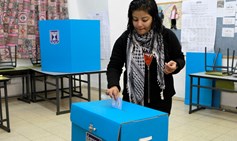
Representation of Women in Arab Local Authorities Following the Results of the 2024 Local Elections
Written By: Maisam Salem, Adv. Lital Piller
The recent municipal elections produced particularly interesting results in Arab local authorities. Below, we examine several aspects of these results relating to the representation of Arab women.
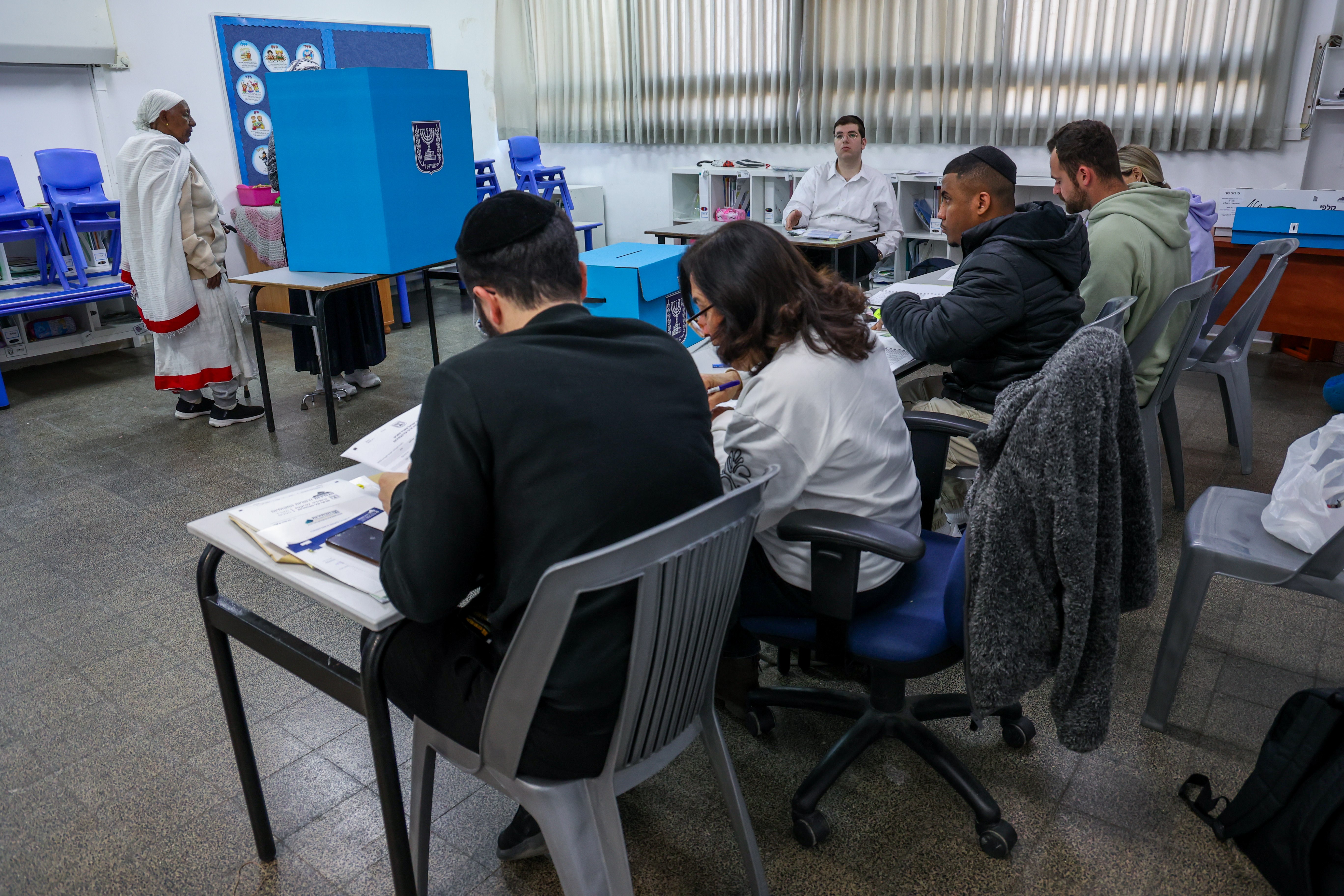
Analysis of the 2024 Local Elections
Written By: Dr. Ariel Finkelstein
On February 27, 2024, elections were held in 242 localities throughout Israel. The following analysis reviews the results of the elections from a number of angles.
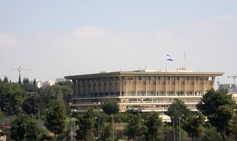
The Israeli Democracy Index 2023
The IDF and local authorities received the highest trust ratings from the Jewish public, while the political institutions were at the bottom with the lowest level. The post October 7th survey also saw a substantial increase in trust in the Israeli police.
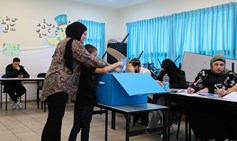
When Violence Dominates Local Arab-Israeli Elections, Democracy Loses
Written By: Dr. Yael Litmanovitz, Dr. Muhammed Khalaily
Arab-Israeli public officials are being increasingly targeted by criminals, hoping to get their way through threats, extortion and force ahead of Tuesday's local elections. Running for office shouldn't cost people their lives.

Local Elections: A Much Needed Balance of Power
Written By: Dr. Ariel Finkelstein
The local elections this week in Israel—taking place at a time of war—have many Israelis asking, perhaps louder than usual, is it actually important to vote in these elections? The answer to this question is a resounding yes.

The Political Structure of Haredi Local Authorities and Its Influence on How They Operate
Written By: Dr. Ariel Finkelstein
How are elections in ultra-Orthodox municipalities different from those in non-orthodox local authorities? Are they comparable to the Arab community? A survey an analysis of the political structure of Haredi local authorities.
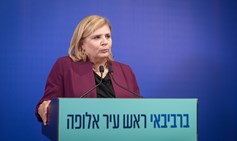
Representation of Women in Elections for Local Authority Heads
Written By: Dr. Itamar Yakir, Dr. Ariel Finkelstein, Yechiel Noam
From a historical perspective, the proportion of female heads of local authorities in Israel has been extremely low—essentially negligible throughout most decades. How does women’s representation in local authorities during the first two decades of the 21st century compare?
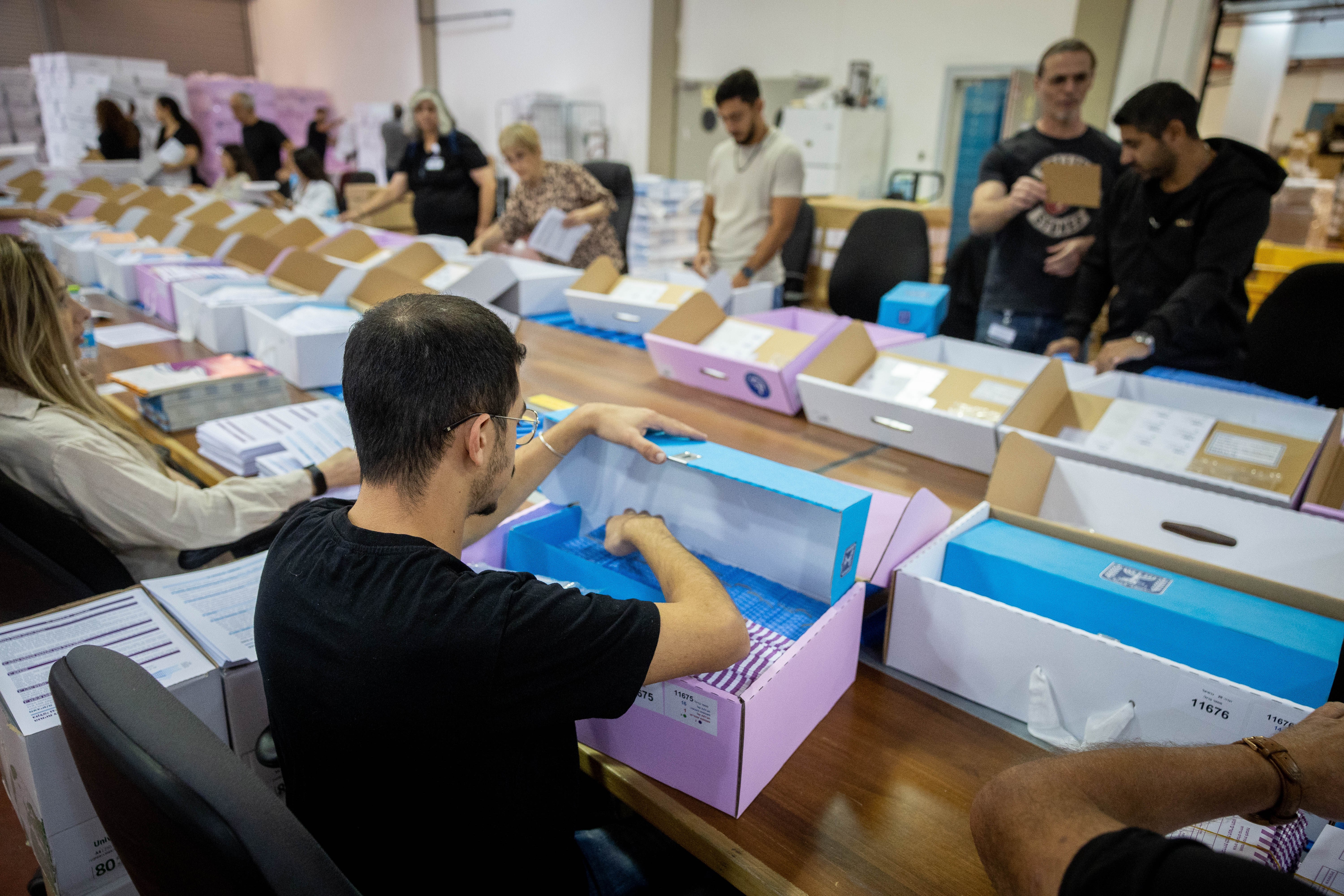
Your Questions Answered About Israel's Wartime Local Elections
Written By: Dr. Assaf Shapira
In a few weeks elections will be held in local authorities across Israel. While they were originally scheduled for October 31st, 2023, they were postponed due to the outbreak of war. Elections during wartime raise a slew of challenges that are exceptional to the circumstances. Find out everything you need to know about wartime local elections in Israel.
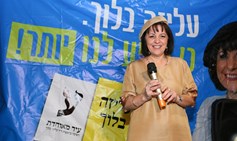
Israel Needs More Women on Local Councils
Written By: Adv. Anat Thon Ashkenazy, Dr. Assaf Shapira
For local government to be able to truly represent all residents and understand the diversity of their different needs, it is important that there be appropriate representation of men and women alike
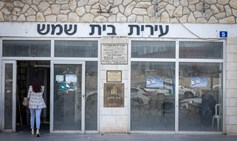
“Nationalizing” Municipal Tax Runs Counter to Local Democracy and to OECD Recommendations
Written By: Dr. Ariel Finkelstein
The OECD recommends granting local authorities’ greater autonomy in setting local taxation. The program being pursued by the current government raises fears of central government taking control of the Arnona (municipal tax) Fund, as has happened in the past.

Political Reform: The Imperative of the Hour
Written By: Dr. Assaf Shapira
Critical reforms are necessary to ensure the quality and future of Israeli democracy
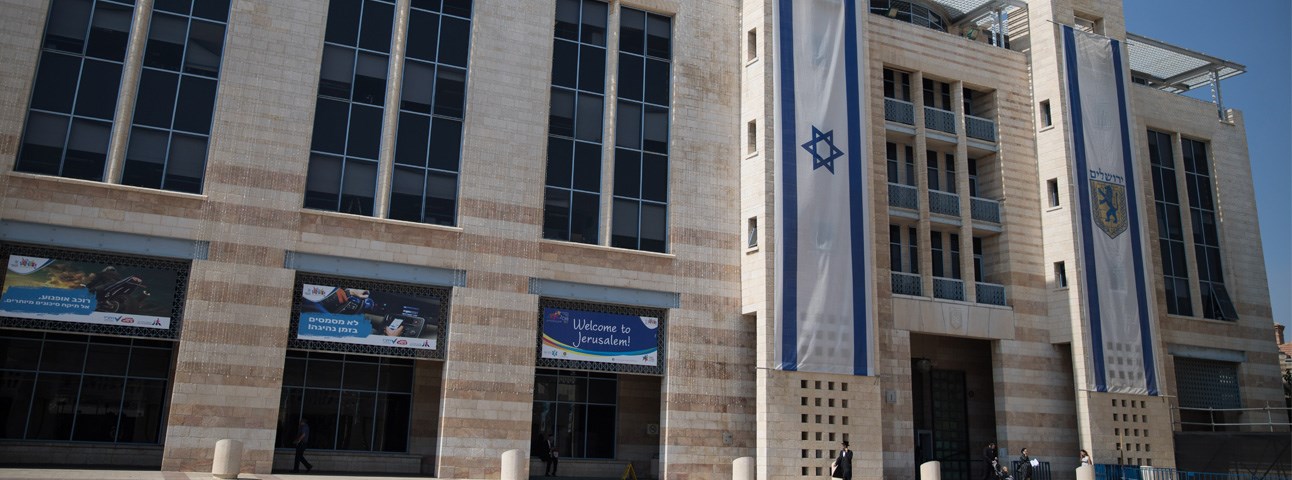
67% of Israelis Want to Transfer More Power from Government to Local Authorities
Israelis express a high degree of trust in their municipalities and there is strong support for transferring more authority away from national government ministries to local authorities.
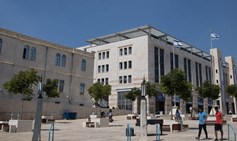
Can Israel’s Politicians Regain Israelis’ Trust?
Written By: Dr. Ariel Finkelstein
Reducing centralization and handing over political power to local authorities, might just might do the trick

Enough Talk about Decentralization – It’s Time for Action
Written By: Dr. Ariel Finkelstein
There has been much talk and little action about the need to delegate powers to the local authorities. Now is the time for actual be movement on the ground.
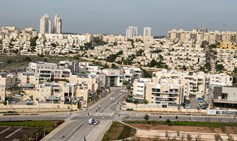
The State of Israel is Stuck in the 1980s
Written By: Dr. Ariel Finkelstein
The pandemic has brought to the fore what was already clear - the public's trust in Israel’s local government is much higher than in the central government. It is high time more authority to be transferred to the care of local leaders.

The Electoral Threshold, Wasted Votes, and Proportionality
Written By: Prof. Ofer Kenig
In the upcoming elections, the electoral threshold will be 3.25%, a big leap from the last elections. Will this higher hurdle deter voters from supporting small parties? Will it reduce the share of wasted votes? What impact will it have on the proportional nature of the electoral system?
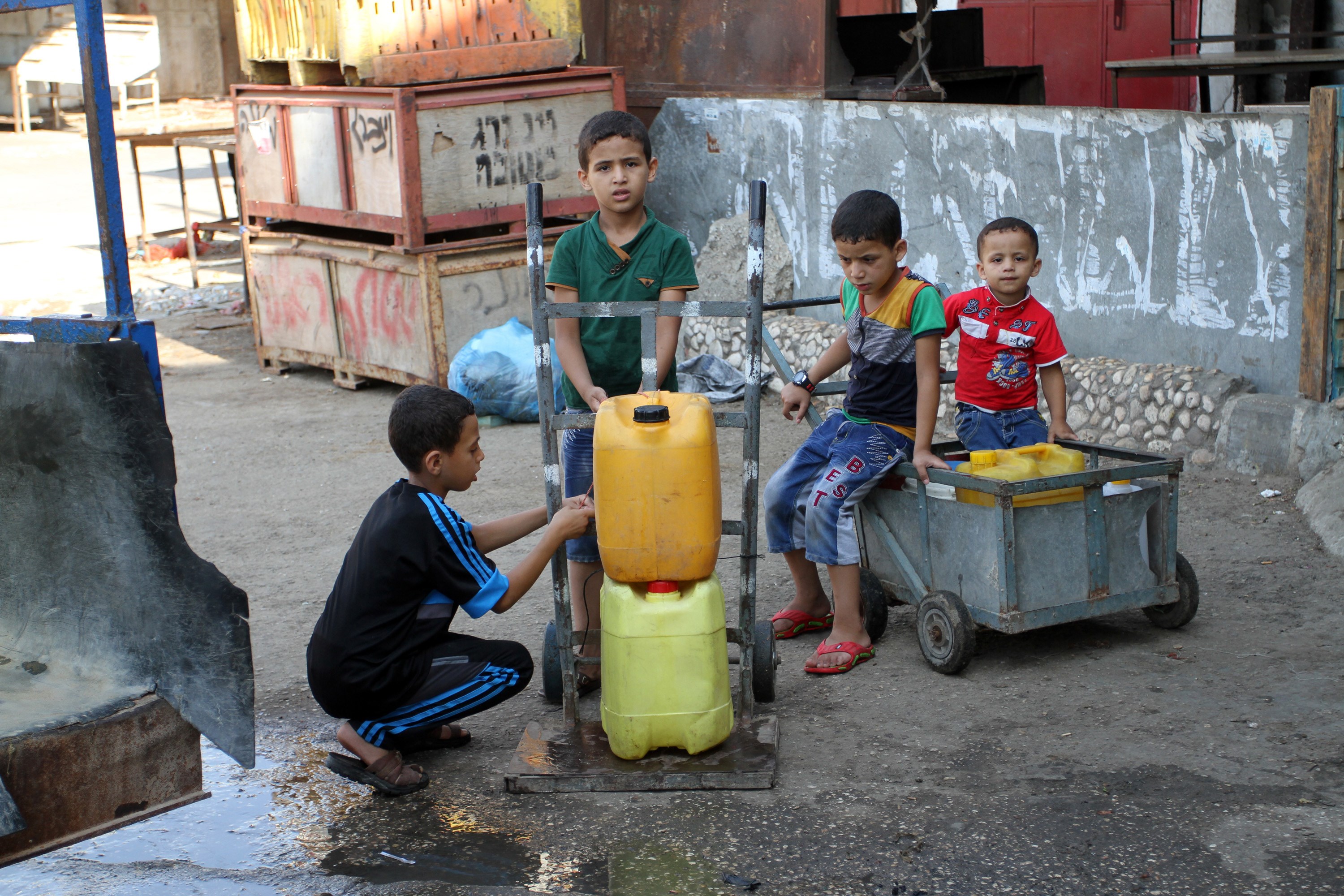
The Admissions Committees Ruling: A Lack of Ripeness or Refusal to Decide?
Written By: Dr. Amir Fuchs
Dr. Amir Fuchs discusses the Israeli High Court of Justice's decision to uphold the "Admissions Committees Law," which allows small communities to reject applicants due to a lack of social suitability.

Shavuot in Israel: A Celebration of Torah or First Fruits?
Written By: Hizky Shoham
Dr. Hizky Shoham explores the multiple identities of the holiday of Shavuot, which began as an agricultural festival, was transformed into the "holiday of the giving of the Torah," and is most often commemorated as a celebration of Torah in today's Israel—by secular and observant Jews alike.
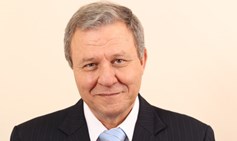
A Socially-Oriented President
Written By: Meir Sheetrit
MK Meir Sheetrit presents his views on the institution of the Israeli president and describes what he would bring to the job, in the first of a series of articles by the presidential candidates of 2014.
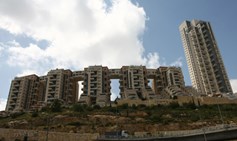
The Struggle against Government Corruption
Written By: Prof. Mordechai Kremnitzer
In an op-ed in <em>Haaretz</em>, Prof. Mordechai Kremnitzer discusses government corruption in Israel and the implications of the Holyland verdict for deterring such corruption in the future.

International Disabilities Day 2013: Human Rights and Judaism in Action
Written By: Benjamin (Benny) Lau
In honor of International Day for Persons with Disabilities, Rabbi Dr. Benjamin (Benny) Lau updates us on IDI's efforts on behalf of people with disabilities and reveals that people with guide dogs are now allowed to access the Western Wall.
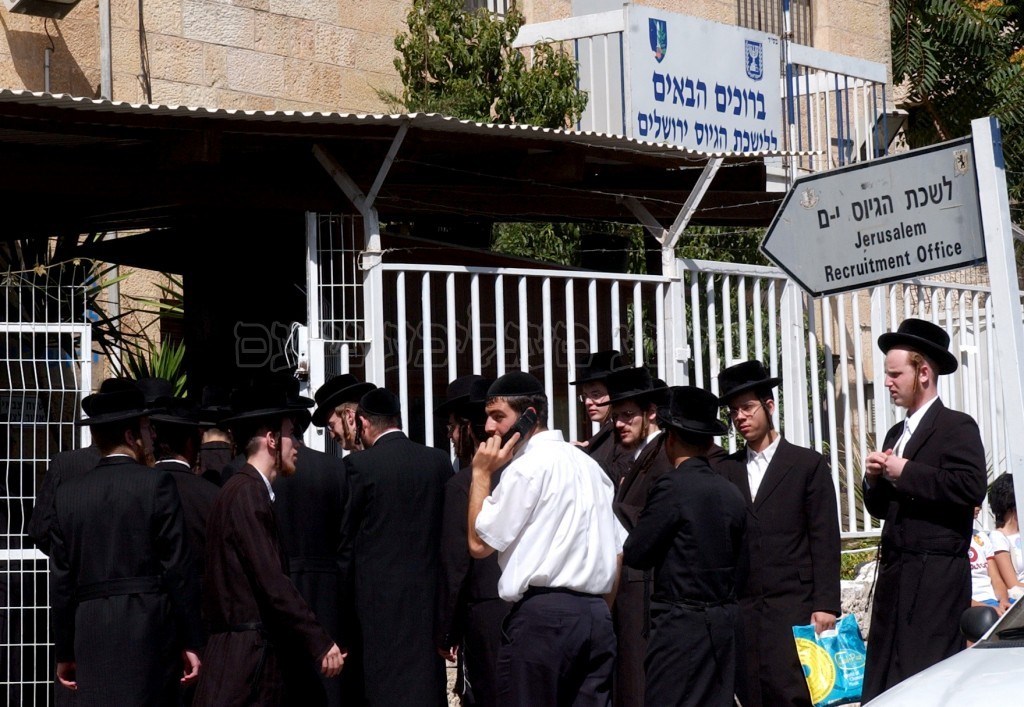
Sir Isaac Newton and the New Haredim
Written By: Prof. Yedidia Z. Stern
Prof. Yedidia Stern shares thoughts on the connection between failure of the ultra-Orthodox "Tov" party in the local elections, the Haredi draft bill being debated by the Shaked Committee, and Newton's laws of motion.

The Israeli Municipal Elections 2013: Some Preliminary Findings
Written By: Nir Atmor, Dr. Dana Blander, Dr. Assaf Shapira
Dr. Nir Atmor, Dr. Dana Blander, and Assaf Shapira share some preliminary findings on voter turnout and women's representation in the Israeli municipal elections of 2013.

On the Decline in Voter Participation in Municipal Elections in Israel
Written By: Dr. Assaf Shapira
Why is voter participation in local elections in Israel so low? Assaf Shapira explains the reasons behind this phenomenon, discusses its implications, and offers possible remedies.
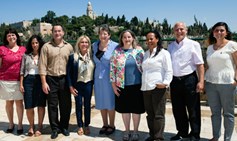
Women and Israeli Local Politics – A Natural Fit
Written By: Moran Nagid
More women than ever are running for Israeli municipal government in the local elections of 2013, but is it enough? Moran Nagid surveys the appeal of local politics for women and suggests a means of improving the situation.

Local Authorities: An Issue of National Importance
Written By: Shmulik Nili
Who is addressing the problematic relationship between local and national government in Israel? Is anyone designing a a comprehensive reform program to solve some of the issues that are the result of a malfunctioning system of local governance? How, if at all, does the national media deal with this issue?

National and Local Politics
Written By: Naomi Himeyn-Raisch
An examination of the development of Israeli local politics, which discusses voting patterns, citizen participation in the decision making process and political activism, as each relates to local politics.

Heading into 2008
Written By: Dr. Arye Carmon
Dr. Aryeh Carmon on emerging anti-political sentiments in Israel. He calls upon the Israeli public and media to show their sense of responsibility to politics by renewing their participation in its processes.

Is There a Connection Between Corruption and Term Limits in Local Government?
Written By: Prof. Ofer Kenig, Dr. Shahaf Zamir
Recent years have seen the emergence of dozens of corruption scandals involving local government in Israel. Subsequently there have been calls to set mayoral term limits to prevent graft and corruption. Dr. Ofer Kenig and Shahaf Zamir's dispel the idea that there is a connection between the length of a mayors term and levels of corruption.


